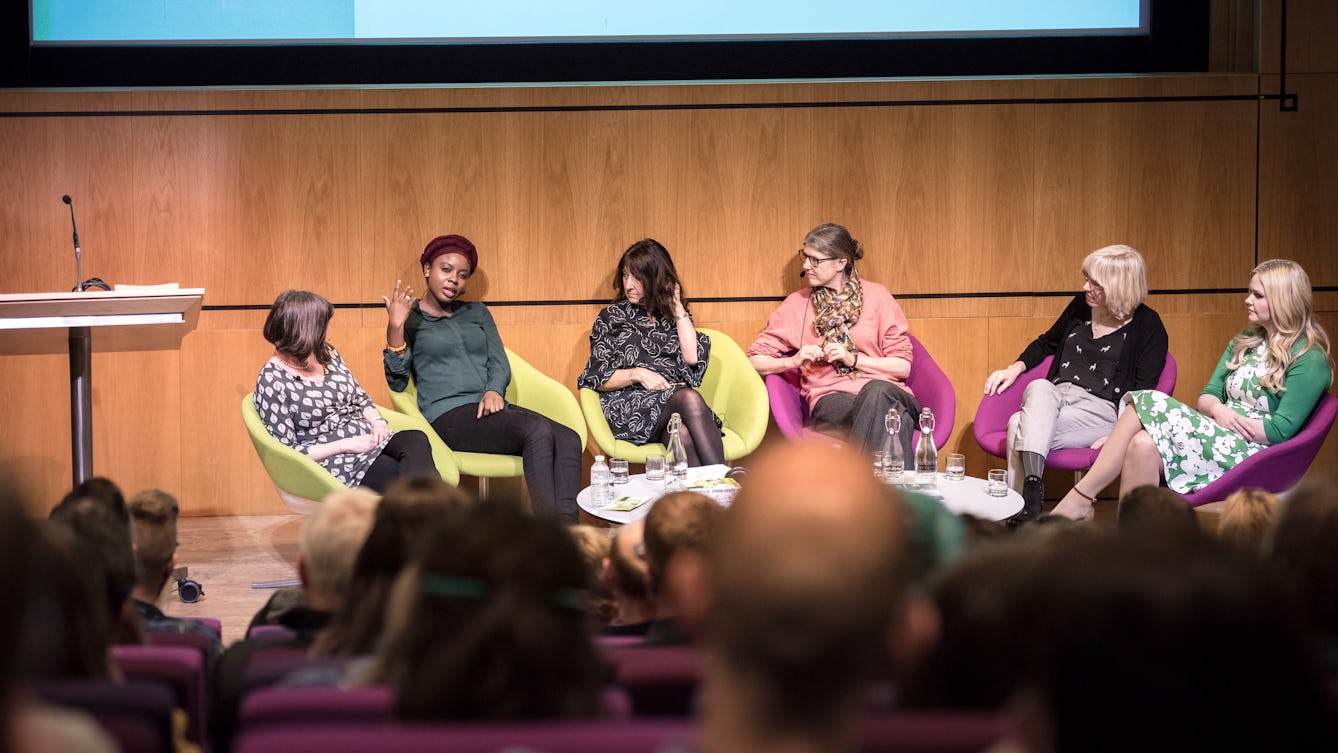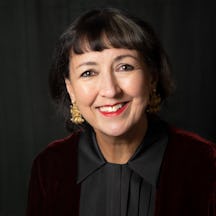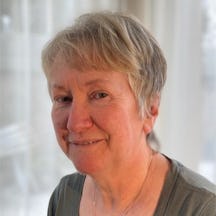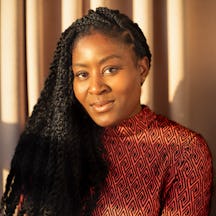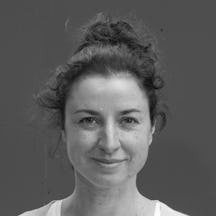What you’ll do
Join us for a panel discussion on the long and complicated history of women and their bodies in the context of work. The panel will share their research and lived experience on a range of topics such as Black women’s bodies, reproductive health, fertility, miscarriage and birth trauma.
This event is inspired by Helen King’s book ‘Immaculate Forms', which examines the gate-keeping role of medicine and religion over women’s organs. It is also influenced by our exhibition 'Hard Graft: Work, Health and Rights', which explores experiences of physical work and its impacts on health and the body.
The discussion will be followed by tea, coffee, book signing and further conversation.
